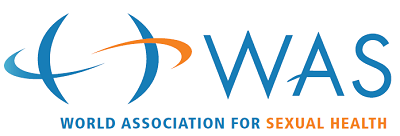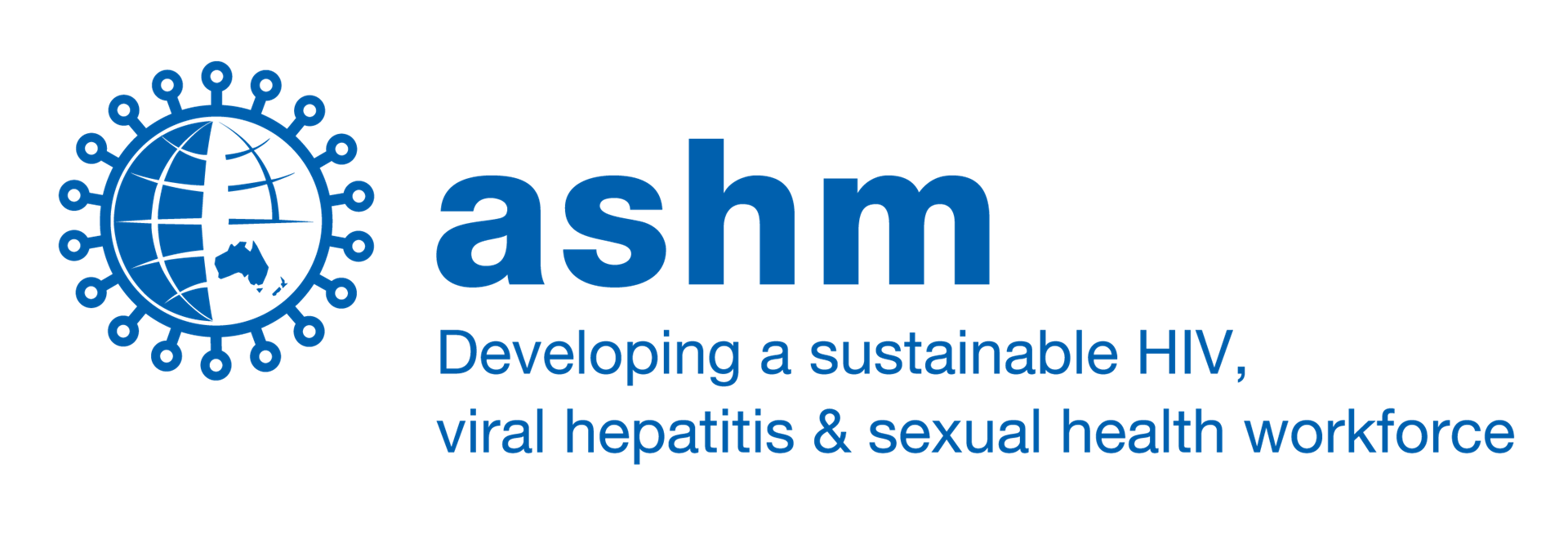Sexology CareersPsychosexual Therapist SpecialisationTo be a psychosexual therapist you will need to first gain a qualification in a suitable field such as counselling, psychology, social work, nursing or occupational therapy. These are sometimes referred to as AHRPA professions. This primary registration will give you generalist skills and knowledge and provide a good foundation for a specialisation in psychosexual therapy. Using the experience and training from your primary registration and applying it in a psychosexual therapy context includes advanced topics/skills in the following areas:
There is a minimum requirement for training in these areas in psychosexual therapy for those pursuing an accreditation pathway. The Curtin University and the University of Sydney Masters programs specifically address this training requirement, however there are a number of academic institutions offering specialist education and placement opportunities. Please note: General members of SAS who have not pursued accreditation as a Psychosexual Therapist cannot use this title. Where can a psychosexual therapist work? Psychosexual therapists work in a wide range of places ranging from private practice, multimodal clinics, not for profit organisations, government organisations, and increasingly hospitals and large healthcare providers. Once a person has gained the skills and knowldege to work as a psychosexual therapist they will start to consider what sub-speciality they might like to pursue or what populations they wish to work with. These can include undergoing additional training to work as:
|




